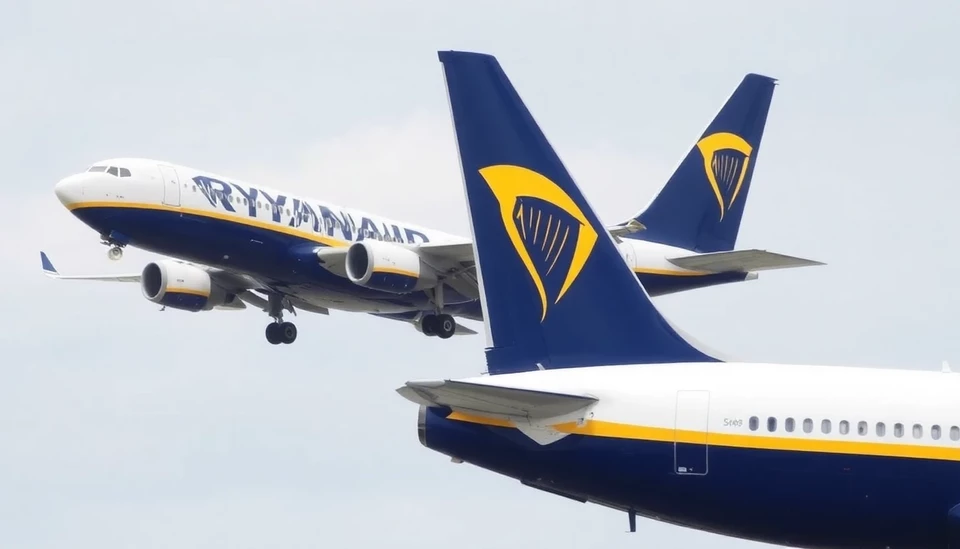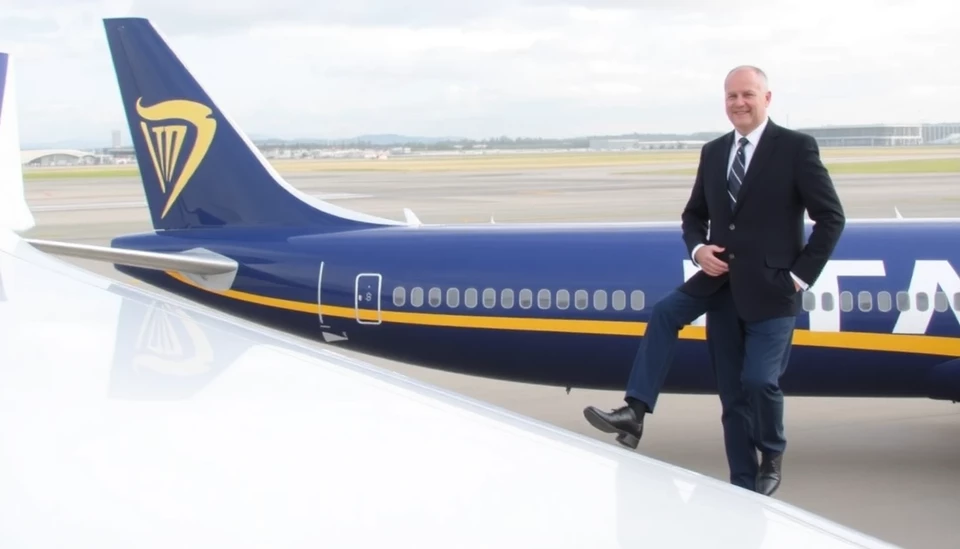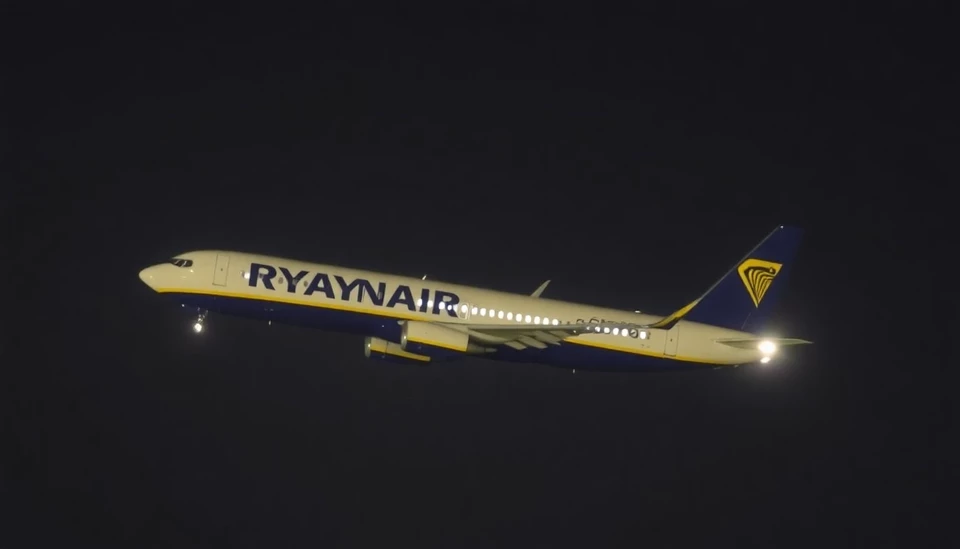
In a significant shift within the airline's operational strategy, Ryanair has announced the removal of 1.8 million seats from its flight schedule to several German cities due to rising taxes. This decision marks a pivotal adjustment for the budget airline, as it seeks to navigate the increasingly challenging landscape of air travel in Europe.
The low-cost carrier, renowned for its economical fares, is responding to the German government’s recent tax implementation, which includes increased levies on airline tickets. Ryanair’s move to cut back on available seats signifies its growing concern over the financial impacts of these tax policies on passenger demand. The company’s adjustments are expected to primarily affect routes to popular German destinations, which have traditionally seen high demand from both leisure and business travelers.
As the airline industry grapples with post-pandemic recovery, Ryanair's actions underline the contentious relationship between carriers and government regulations. The taxes not only affect budget airlines like Ryanair but could also result in higher travel costs for consumers, thus potentially depressing overall market demand for air travel in the region.
Ryanair's Chief Financial Officer, Neil Sorahan, has expressed that the decision to cut flights was not taken lightly but was deemed necessary in light of the current economic environment. He highlighted that the rising tax burden could lead to higher fares, which might deter travelers. The company insists that it remains committed to maintaining low-cost options for its customers, despite external pressures that are significantly straining its operational budget.
The airline has reassured its customers that they will continue to pursue growth opportunities in other markets, particularly in Eastern Europe and other parts of the continent where operating costs are more favorable. Ryanair's immediate focus appears to be on sustaining financial viability while optimizing its route network to align with changing market conditions.
This capacity reduction is indicative of broader trends affecting the airline industry, as fluctuating fuel prices, economic uncertainty, and governmental regulation continue to shape operational strategies. Other carriers are also observing Ryanair's maneuvers closely, considering the potential ripple effects on competitive pricing and market share within Europe.
In summary, Ryanair's recent decision to eliminate 1.8 million seats on routes to German cities exemplifies the challenges facing budget airlines amidst rising taxes and operational costs. The airline's strategy indicates a cautious approach aimed at maintaining affordability for customers while adapting to the regulatory environment that increasingly impacts their bottom line.
#Ryanair #GermanAirlines #AirTravel #BudgetAirlines #TravelNews #AviationIndustry #FlightCapacity #AirlineTaxes #ConsumerTravel #EconomicImpact
Author: John Harris



